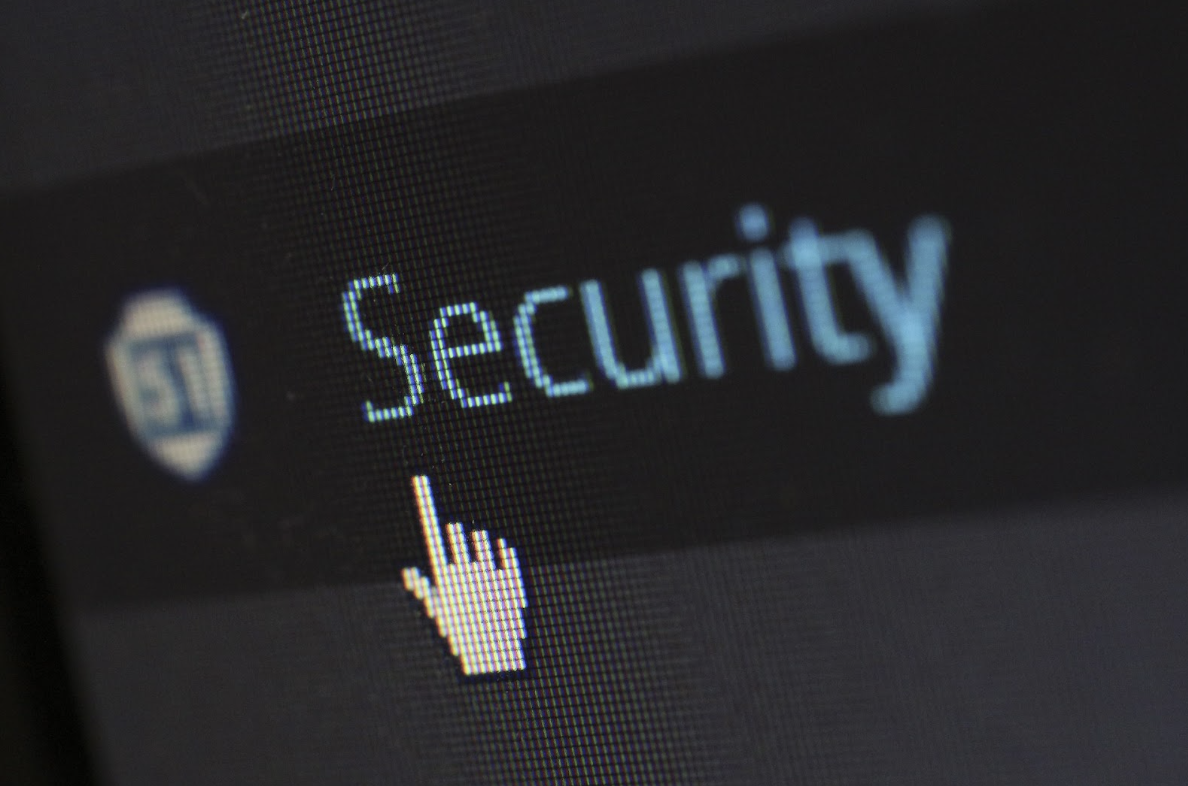- Home
- 10 Methods to Boost Internet Security
10 Methods to Boost Internet Security
The internet is a vast space, and staying secure online can be difficult. With cybercrime on the rise, it's more important than ever to find ways to protect yourself and your data while browsing the web.
Luckily, there are numerous steps you can take to boost internet security and keep the information safe from malicious actors.
1. Choose Strong Passwords
As basic as this advice may seem, many people still need to pay more attention to their passwords. The best way to keep your data safe is by using a unique password for each website you visit or account you create. Avoid using words or phrases that could be easily guessed, and consider incorporating numbers or special characters into your passwords for added security.
Additionally, where applicable, always enable two-step authentication on your accounts for an extra layer of protection.
2. Update Your Software Regularly
Staying up-to-date with software updates for all your devices is essential for keeping them secure from potential threats. Software developers are constantly patching vulnerabilities in their codes, which can open you to attack if you don't update regularly.
Check whether you have installed the latest versions of their respective operating systems and all other software applications.
3. Block Pop-Ups
Pop-ups are pervasive online and can be a major source of malware and viruses on websites if left unchecked. Whether you're using Chrome or Safari (or any other browser), make sure pop-ups get blocked so malicious links can't automatically download onto your computer without your knowledge or consent.
Also, while you are at it, learn how to delete search history on Mac, for example, to eliminate another potential source that could bite you back.
4. Use Firewalls & Antivirus Software
This one goes without saying but having a good firewall and antivirus program installed on all of the devices will help protect against any malicious activity while connected online while also helping block out potential phishing scams before they get too far along in their attempts.
Both firewalls and antivirus programs should be set up with automatic updates turned on to receive the most up-to-date protection as soon as possible when new threats emerge online.
5. Be Careful With Public Networks
Using public wifi networks at coffee shops, airports etc. can put you in danger if not approached carefully – hackers often use these networks to gain access to unsuspecting users' personal information due to the lack of security measures at public access points like this one.
If you can, try and only connect when necessary and be sure all communication is encrypted whenever possible by using an https:// connection instead of http:// when available on websites - this will help protect against anyone snooping in on what you're doing online even if they're connected to the same wifi network as you are.
6. Use Virtual Private Networks (VPNs)
VPNs are great tools for providing added security when surfing the web. They essentially create an encrypted tunnel between two points (your device and a server) which helps protect both sides from prying eyes trying to intercept data traveling through this connection.
A good quality VPN service will also provide additional features such as content filtering so that unwanted traffic from sources other than those specifically requested by a user won't even make its way through the tunnel.
7. Keep Track Of Authorized Apps & Services
Keeping track of apps and services authorized by yourself should also be done regularly to ensure nothing suspicious has been authorized without your consent. It is common for malicious actors, especially those targeting large organizations, to authorize apps or services under someone else's name to gain access and steal sensitive information.
By regularly reviewing authorized apps and services, any suspicious behavior will quickly be flagged and dealt with accordingly.
8. Educate Yourself On Security Practices
Only some people feel comfortable navigating cyber security topics; however, arming yourself with some basic knowledge about how different attacks work will go a long way towards protecting yourself online.
Knowing how things like phishing emails, ransomware attacks, and even social engineering tactics work should help you gain better insight into recognizing potential risks before they become problems.
9. Back Up Your Data Regularly
While this does not directly contribute to increasing internet security, it is a thing that should never be overlooked -- backing up important files either locally or through cloud storage provides peace of mind, knowing there is always an extra copy should something happen physically or virtually that could otherwise lead to major losses if not backed up properly beforehand.
10. Make Use Of Encryption Technology
In addition to encrypting connections when available via HTTPS instead of HTTP, using encryption technology ensures data remains private even if intercepted mid-transit.
If an attacker can snatch up unencrypted data during transit, they will have instant access without needing further manipulation, which could otherwise cost time and resources needed elsewhere.



.png)

What other's say about : How ThePhone thriller..